Democracy through the lens of a Swiss filmmaker
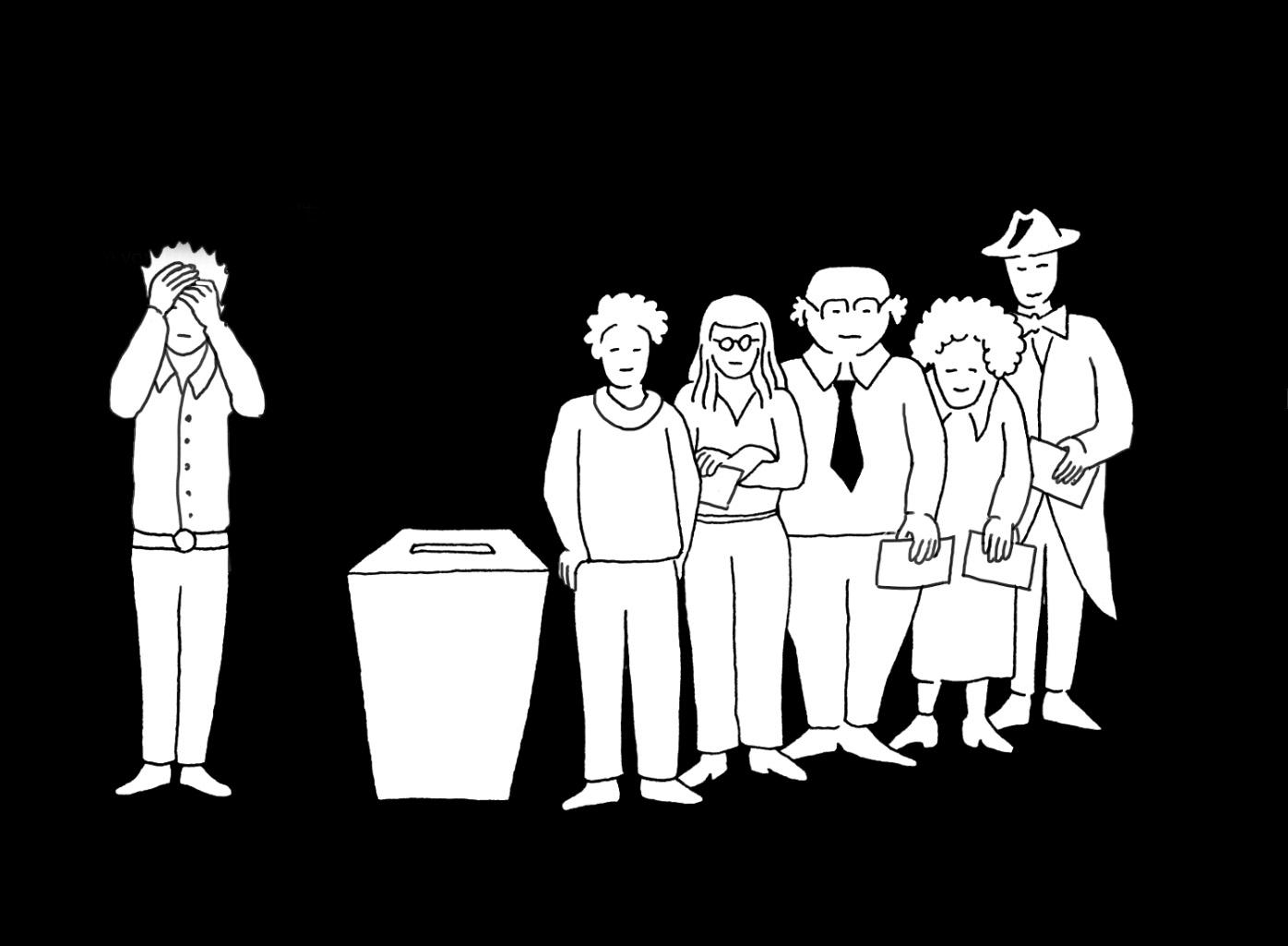
Thomas Isler, director of a new documentary on direct democracy, started with the idea of showing the attraction of Switzerland’s political model for rightwing populist movements in Europe. Political events at home made him refocus.
Little did Isler know when he started researching his documentary how current affairs would influence his project.
The recent approval of controversial initiatives, including a ban on the construction of minarets, the automatic deportation of convicted criminal foreigners and curbs on immigration, made the documentary filmmaker want to examine more closely what was happening with citizens’ participation in Switzerland.
The original German title of the film, Die Demokratie ist los (Democracy unleashed), conveys two sides, or “centrifugal forces” as Isler calls them, of direct democracy and how they have played out in Swiss politics and society over the past few years.
Citizen power is a strong, lively – even boisterous – energy and at the same time a destructive force at the risk of getting out of control.
swissinfo.ch: When you look back over the past three years or so, what memories do you have of the shoot?
T.I.: I met a great many people in Switzerland, but also in Germany, Austria and France, who are democracy campaigners collecting signatures or simply protesting in the streets. For the most part these people really believe in democracy and citizens’ participation. They are convinced that their involvement can change things or influence them.
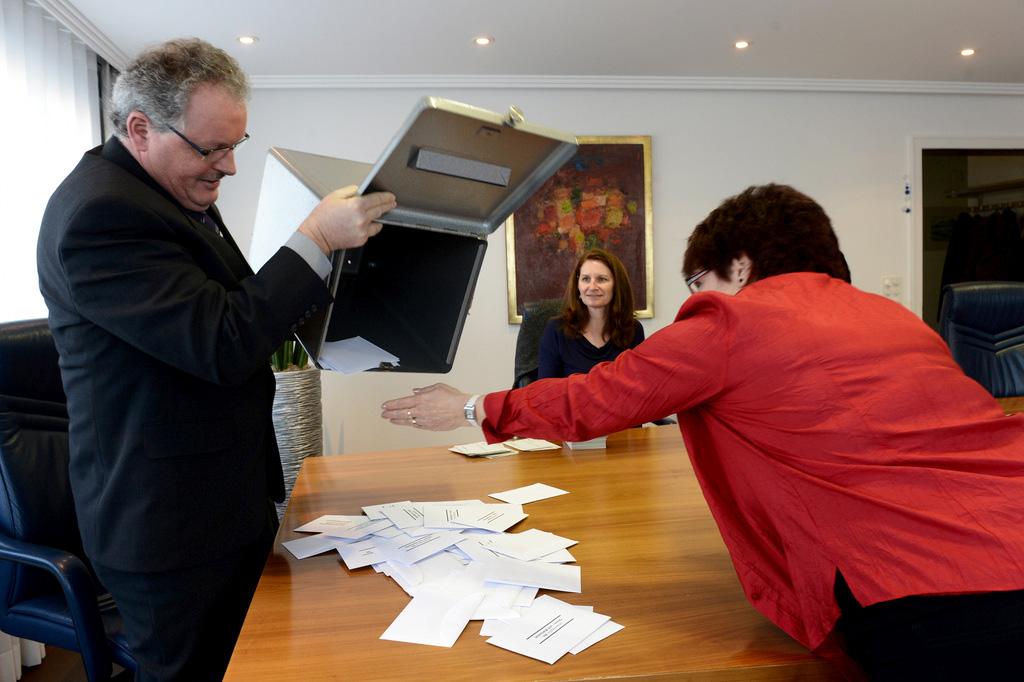
I have fond memories of Gotha, a small town in the former East Germany, where I followed activists trying to engage passers-by in conversations. Sometimes the people initially had trouble understanding what was going on and why they were being asked to sign a piece of paper.
Doing this there is not a part of everyday life, as it is in Switzerland. It was somehow touching to see the positive reaction and the beaming faces when they understood what it was about.
swissinfo.ch: What were the less pleasant experiences?
T.I.: Meeting people whom I’d never want to meet in my life. Rightwing extremists who are trying to use citizens’ participation for their own ends.
It was also a memorable experience talking to the French rightwing populist politician Gilbert Collard. His language skills were miles better than mine and he tried to make me look like a fool. I knew right away that this had to be part of the film, because I believe he made a fool of himself.
swissinfo.ch: You have never doubted the system of direct democracy?
T.I.: This system of government will never be perfect and I’m not sure whether what happens in the name of direct democracy is always right – or whether I’m even right believing in it as I do.
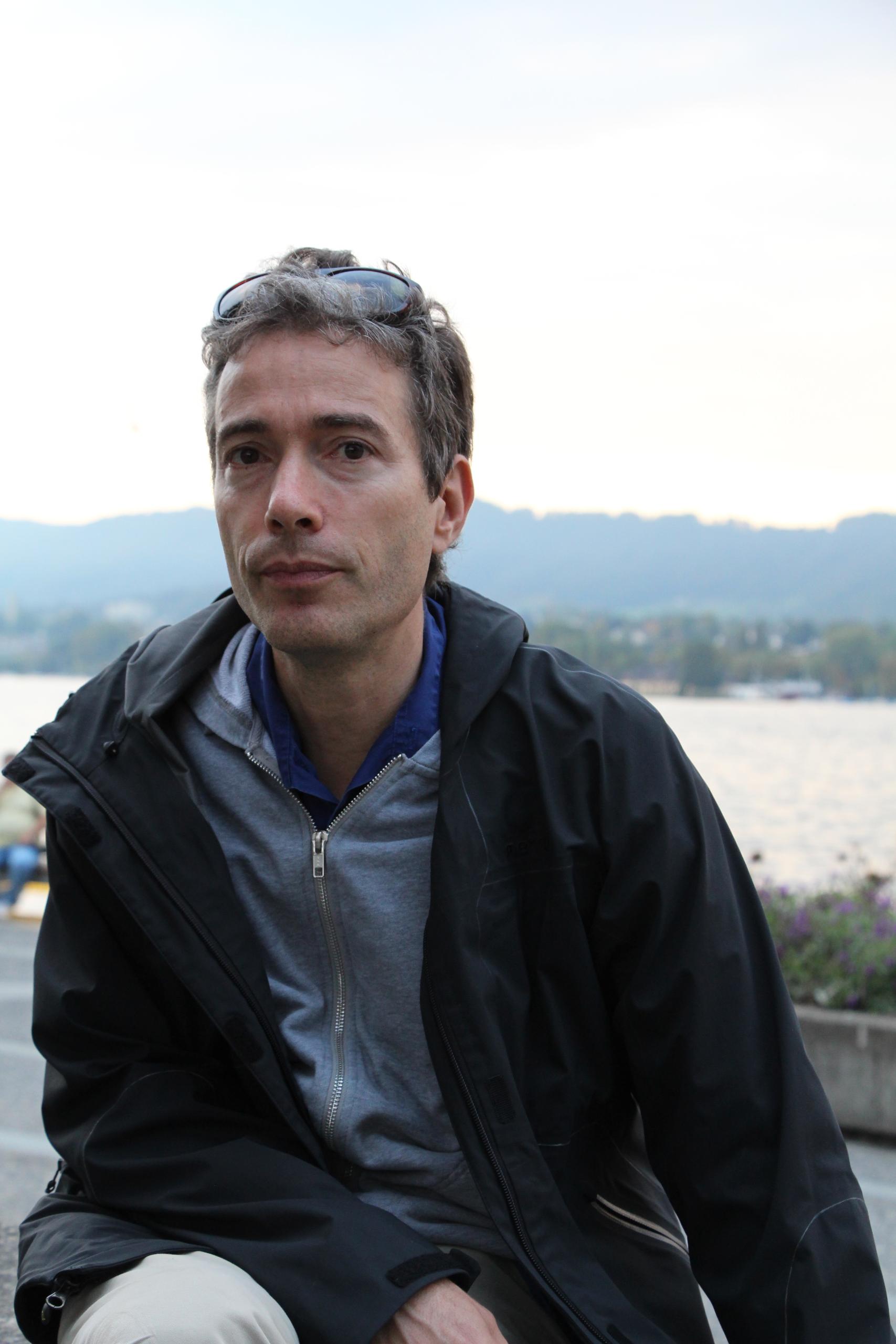
It’s a never-ending quest for answers, driven by the intention to try to do it in the best possible way.
Collard’s world is different. For him the absolute truth lies only with the people – they have quasi-dictatorial power.
swissinfo.ch: The film was shown for the first time at the Zurich Film Festival last year. What was the public reaction?
T.I.: The audience followed very attentively and it was interesting to witness how a packed cinema reacted to a relatively complex film on the big screen.
We had invited all the protagonists to the show, politicians from the left to the right – including Christoph Blocher, Switzerland’s best-known rightwing heavyweight. I was told he wasn’t impressed by the film and said it was obviously the work of a leftie, someone who has not understood democracy.
It’s true my film takes a clear stance and I criticise Blocher. I question the ugly face of direct democracy and ask whether it goes against human values. Blocher, however, puts the people above everything else and claims decisions taken by them are sacrosanct.
My film also featured successfully at another major Swiss film festival in Solothurn earlier his year. In addition, it is shown as part of special programme in schools. I’m particularly proud that it triggered a very passionate debate at a congress of democracy activists in Germany.
swissinfo.ch: Your film opens in independent cinemas in September. Who is your target audience?
T.I.: I’d like everyone who takes part in Swiss democracy to see it, particularly supporters and grassroots activists of the conservative right Swiss People’s Party. Ideally, the film would provoke debate about the future of the democratic system and its downsides.
Arthouse film
The film “Die Demokratie ist los” opens in independent cinemas across German-speaking Switzerland in September, according to film producer and distributor cineworx.
It will be screened in cities including Zurich, Bern, Basel, Lucerne and St Gallen, as well as in about ten towns and cinemas in rural regions.
Special discussion panels are planned with politicians and legal experts to accompany the public shows. The 84-minute film is also available for special events in schools.
The documentary was funded by the retailer Migros and the Swiss Broadcasting Corporation, swissinfo’s parent company.
It is also going to be shown in small cinemas in rural regions. I’m looking forward to that in particular.
But I’m realistic enough to acknowledge that to a large extent I’ll be preaching to the converted – the people who will want to see my film already share my political views.
swissinfo.ch: Do you hope to have a commercial success similar to Corn in Parliament by Stéphane Bron ten years ago. That documentary, which focused on genetic modification, also took a look behind the political scenes in Switzerland.
T.I.: Of course it would be fantastic to land a similar success, but you can’t plan it. A good commercial result is not the only thing that counts. What I hope for, above all, is that the film triggers a debate.
swissinfo.ch: Initially you had another film project in mind. What made you change your plans?
T.I.: I started with the idea of a film about rightwing populist movements in Europe, showing how the Swiss model of citizen participation fascinates them. But during my research dramatic things happened in Switzerland.
The People’s Party made good on its threat to bypass parliament on the subject of implementing an initiative to automatically expel convicted criminal foreigners. In other words, it launched another initiative to force through the first initiative.
It became obvious that I had to revise my film and refocus on Switzerland, because at that moment a broad political debate began about the role and limits of people’s rights.
The situation in neighbouring countries is merely meant to mirror developments in Switzerland.
In addition, I wanted to show how the political left succeeded in stopping the purchase of fighter jets for the country’s airforce via a referendum and citizens participation.
On top of all that there was the big ballot box upset in February 2014, when a majority of voters approved controversial immigration curbs.
It was a major challenge to try to weave all the different strands into a plot, even though the narrative had no main character.
My film has many different figures. It’s a bit like watching ants busily crawling around an anthill.
swissinfo.ch: How accessible were the different political sides for you as a filmmaker?
T.I.: Well, it was an interesting and at the same time disappointing experience. The rightwingers were the simplest; most of them were easy-going and uncomplicated. The left were also pretty good to work with.
Those in the political centre were the most difficult. You could really sense how the Radical Party, the founding fathers of modern day Switzerland, has been rattled by recent events.
Only very few members of that party were willing to talk about democratic values and the division of powers in a state.
It’s disconcerting that the Radicals of all parties are reluctant to discuss the values of the French Revolution.
swissinfo.ch: You are a staunch supporter of direct democracy. In your film you say the Swiss are a happy nation because they can vote on everything. Doesn’t this form of government make you suffer sometimes?
T.I.: I’m not the only one who is suffering. There are people who, because they are suffering, want to be elected to parliament. Not me. I’ve no ambition to be a politician. I make political films – that is my public contribution.
Plus I’m an active member at a local level, engaged in social activities in our part of town. This is grassroots participation where you see an immediate impact.
For me, filmmaking is one way to make myself heard. One voice among other voices. My film alone can’t change the course of society, but hopefully the sum of all the opinions leads to debates and brings about changes.
The interview was conducted in German

In compliance with the JTI standards
More: SWI swissinfo.ch certified by the Journalism Trust Initiative

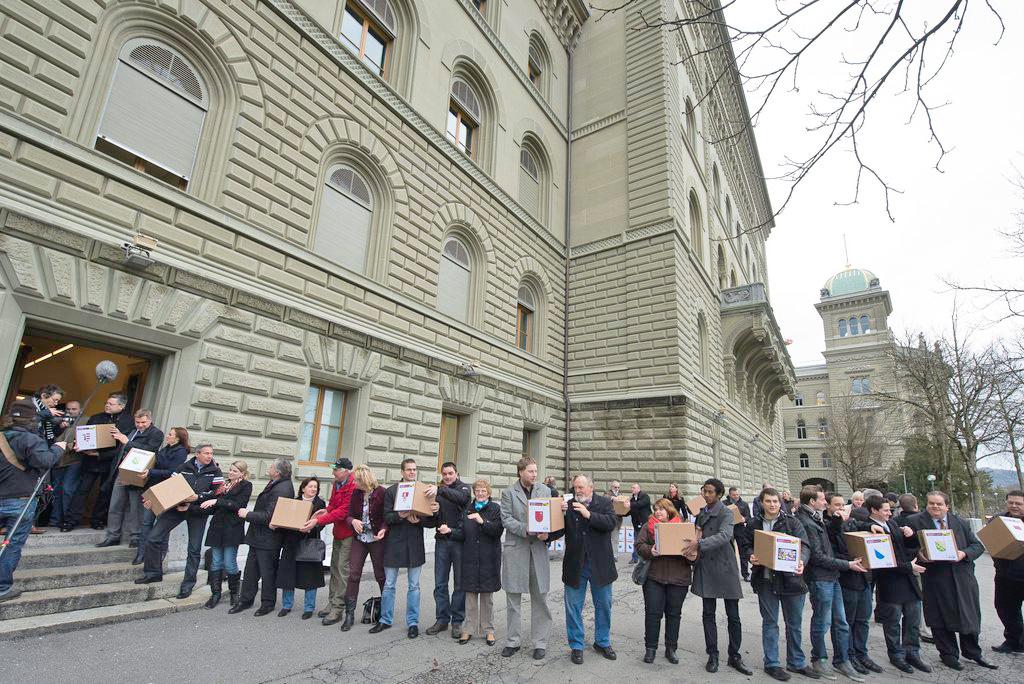
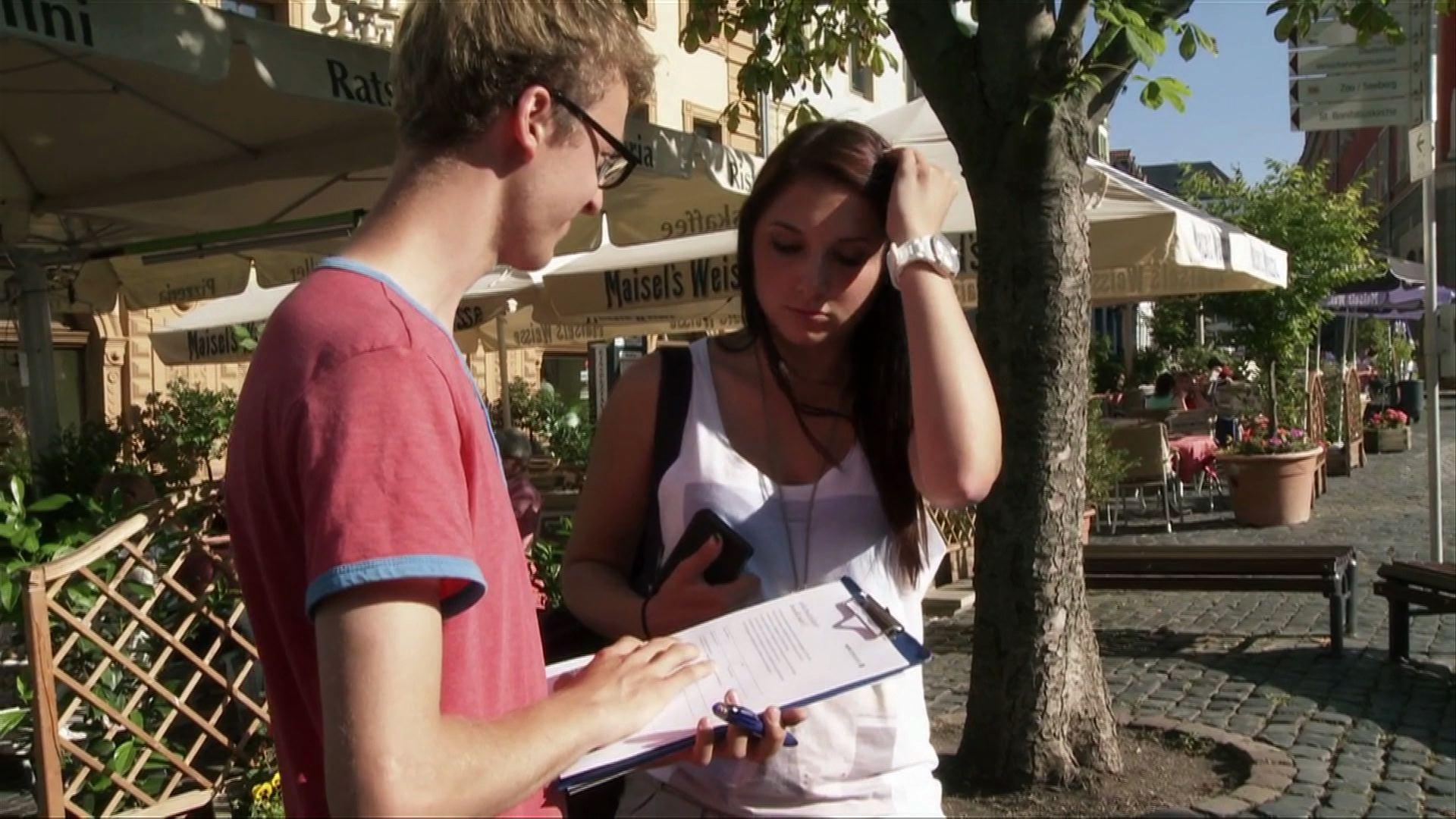
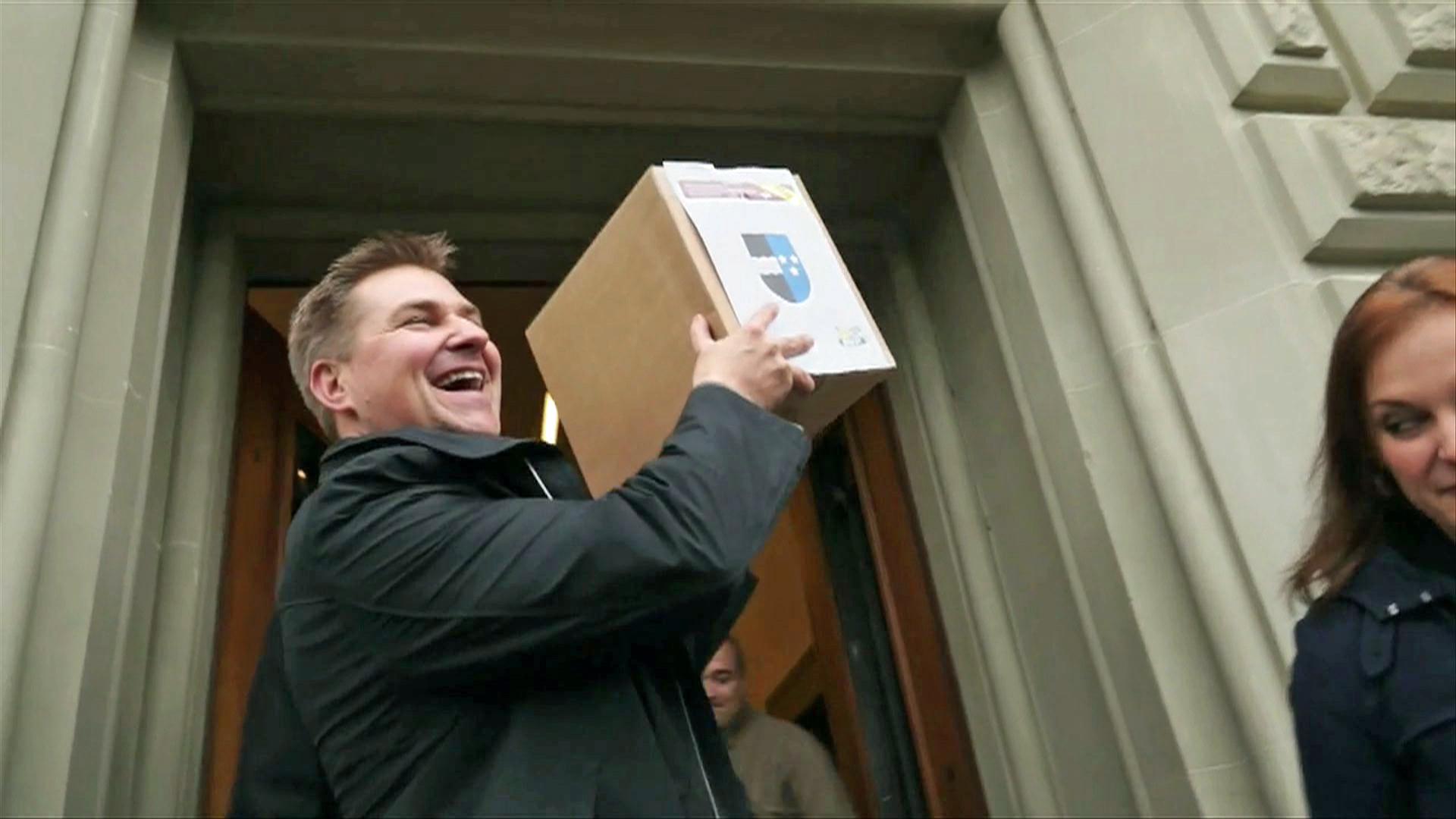
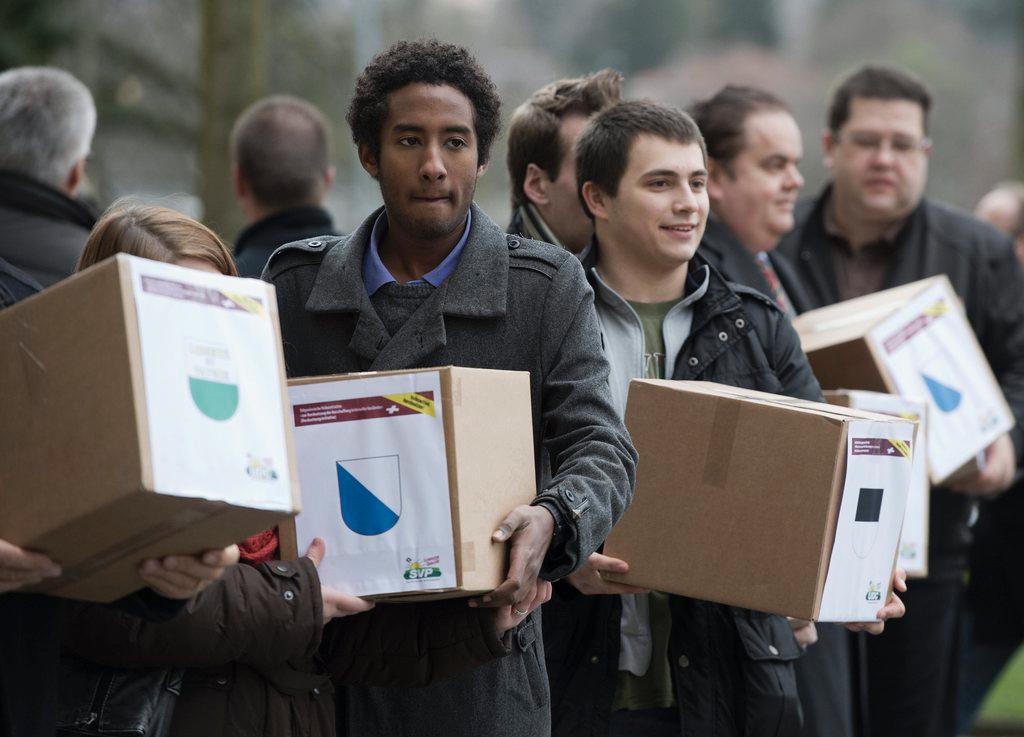
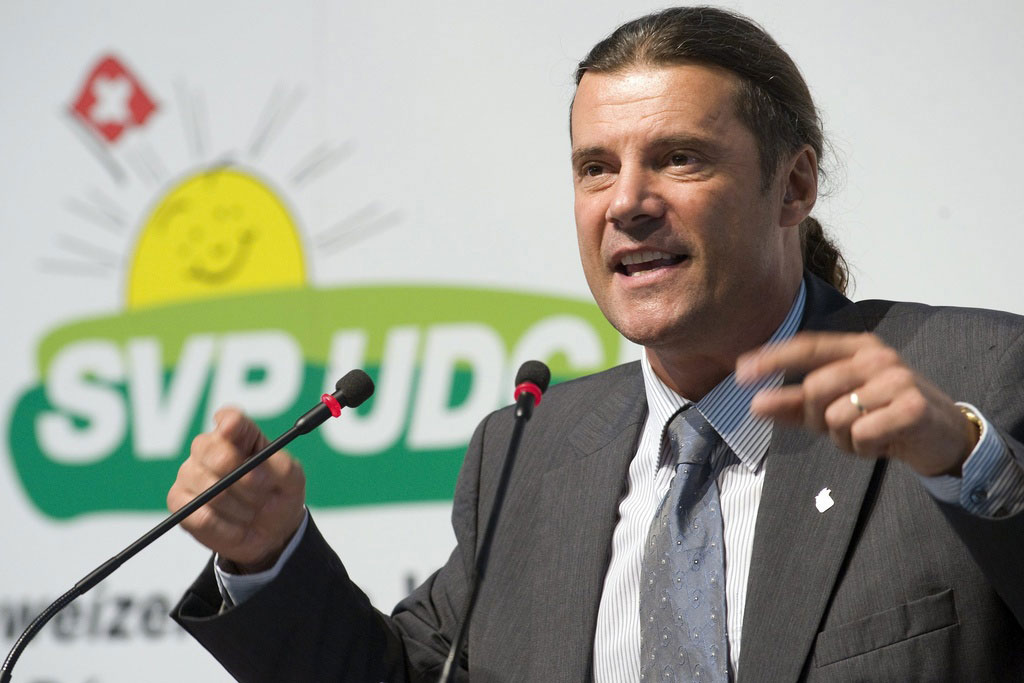
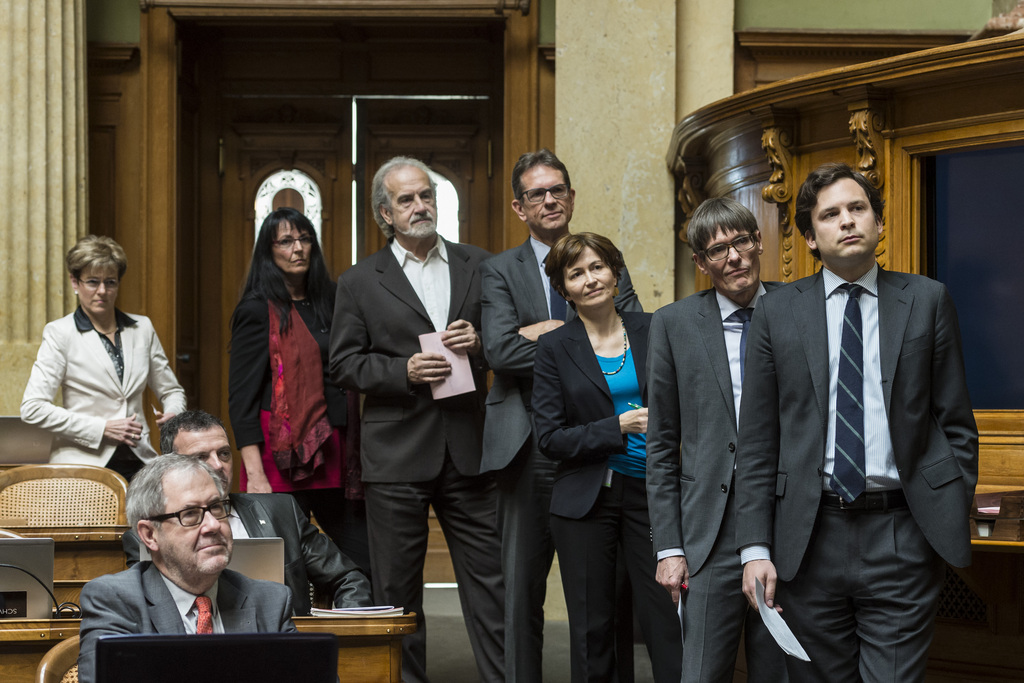
You can find an overview of ongoing debates with our journalists here. Please join us!
If you want to start a conversation about a topic raised in this article or want to report factual errors, email us at english@swissinfo.ch.